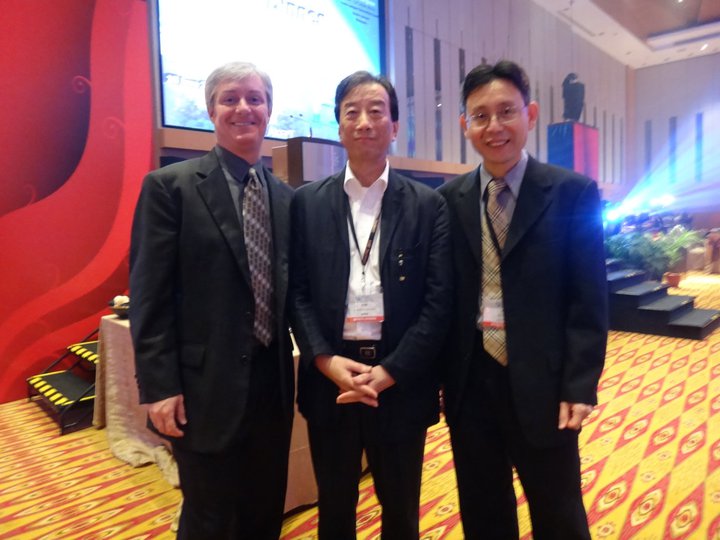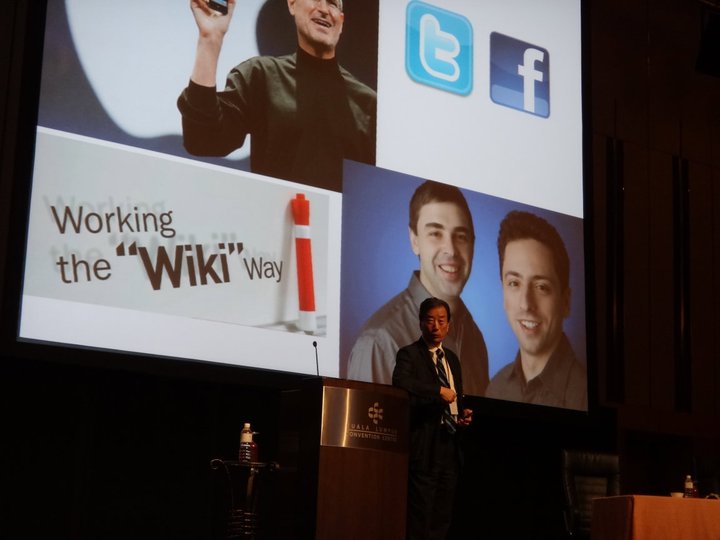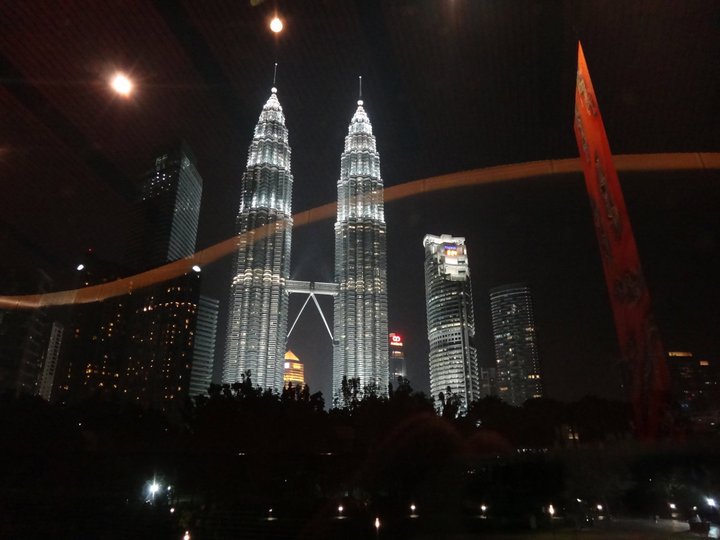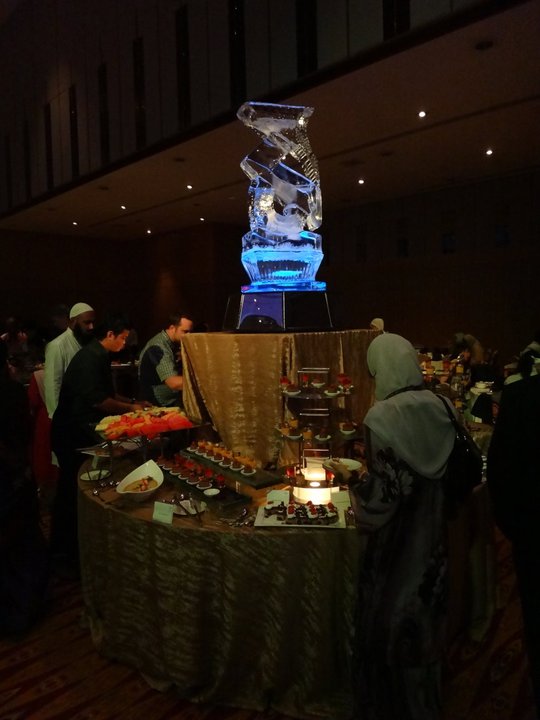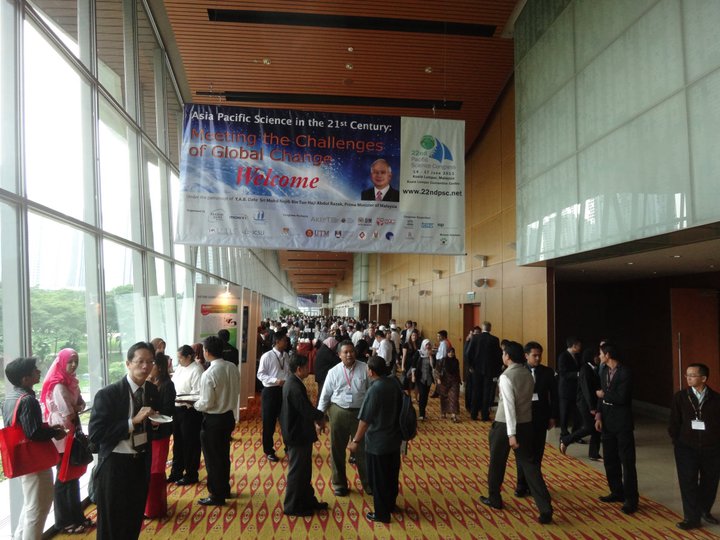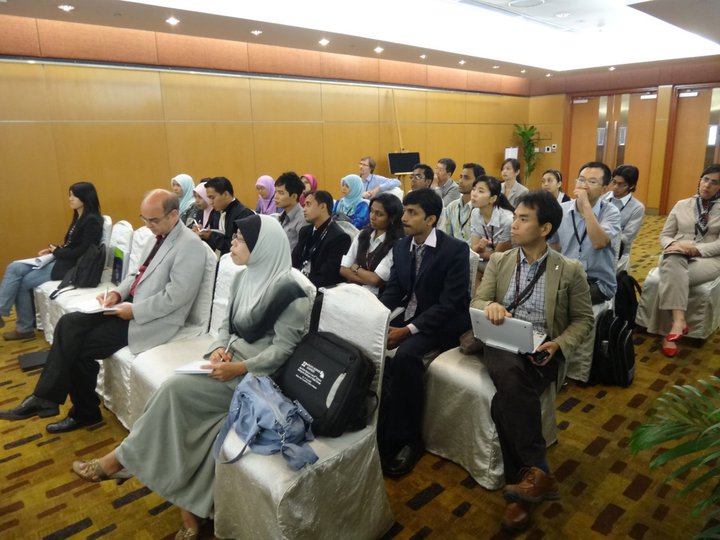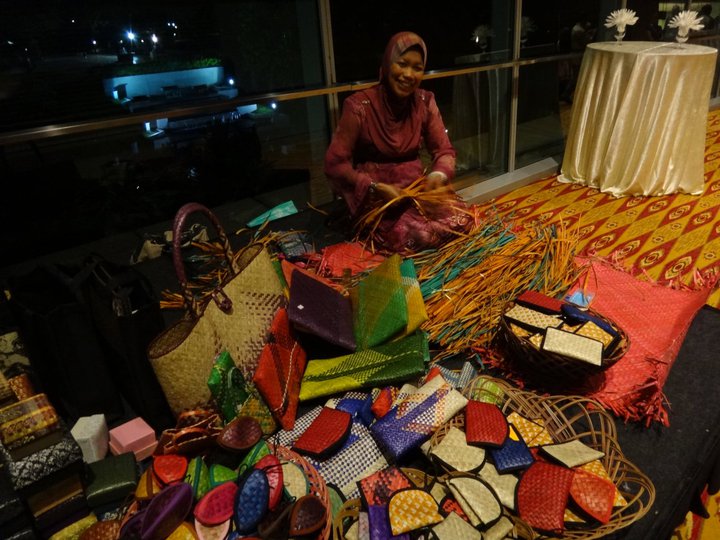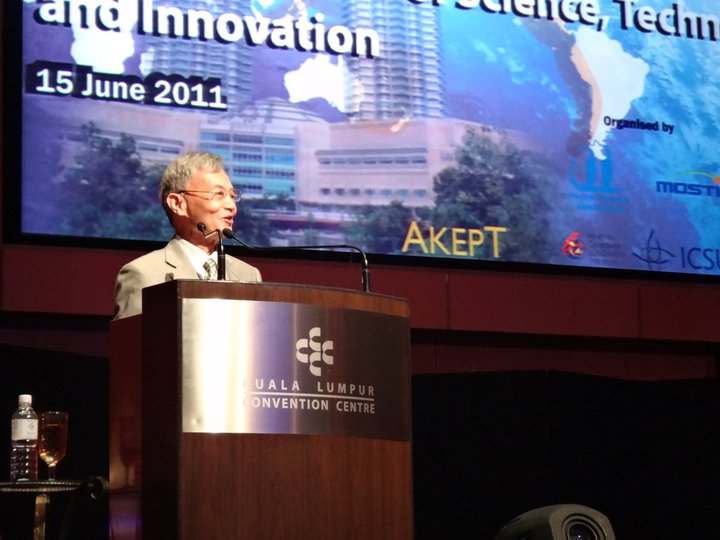→Japanese
‘3.11’ disaster attracted global attentions not only by its huge impact but also by the importance Fukushima has in the world.
However, this attention lasted just for the initial 1 to 2 weeks. Japan has exposed its strength and weakness clearly to the world, as I have pointed out for several times in this web site (Ref.1, 2, 3 )
or in other media such as newspapers (in Japanese) (Ref.1)
News coverage of Japan is altogether minor in international media. If you follow the world news, it is perfectly clear that any comment by Japanese government is taken as nothing but excuses.; that is to say the credibility and trust of Japanese government have fallen.
Then, how can we recover the international credibility of Japan? This is the keypoint. As far as browsing through the domestic news coverage, I could hardly find any opinions or comments by the Japanese ‘leaders’ on this issue.
At a time like this, when the nation is at the brink of losing its trust, it is good to learn lessons from the past. However, that being said, the point is how much the leaders have profound insights, are capable of making good judgments, know what they must do. Self-centered ‘pride’ means nothing here.
The one and only thing that matters is how much you care about the people (of Japan). It goes not just for the government but also for the major business enterprises like TEPCO.
This means, in case of the Fukushima Nuclear Power Plant, that the government or the Diet must launch an ’International’ task force that is completely ‘independent’ from the government. I can assure you that unless this is done, the world’s trust in Japan will never even start to recover.
Such idea/reasoning is also presented in the document which the Natural Resources Defense Council submitted to President Obama dated March 25th.
Also, unfavorable rumors or misinformation about agricultural produce or industrial products, thus harming credibility of Japan, are difficult to tone down unless the steps I described above do not materialize. There are lots of lessons to be learned from the process of recovery of the reputation of British Government that took more than 20 years when the BSE started in 1886.
What we need is a special committee that is ‘independent’ and ‘outside’ (i.e. internationally trustable) of the government. Equally necessary is a quick and total information disclosure. This again, is very unsatisfactory at this stage. Transparency is the foundation of trust and credibility.
Recently, I had an opportunity to present this idea using this figure at a meeting (open to media) organized by legislators of the Democratic Party of Japan. I learned that many members of the Diet share this idea with me (in Japanese).
Mind you, the whole world is watching. They are questioning whether Japan has no intention of turning the Fukushima nuclear power plant disaster to lessons to share with the rest of the world.
